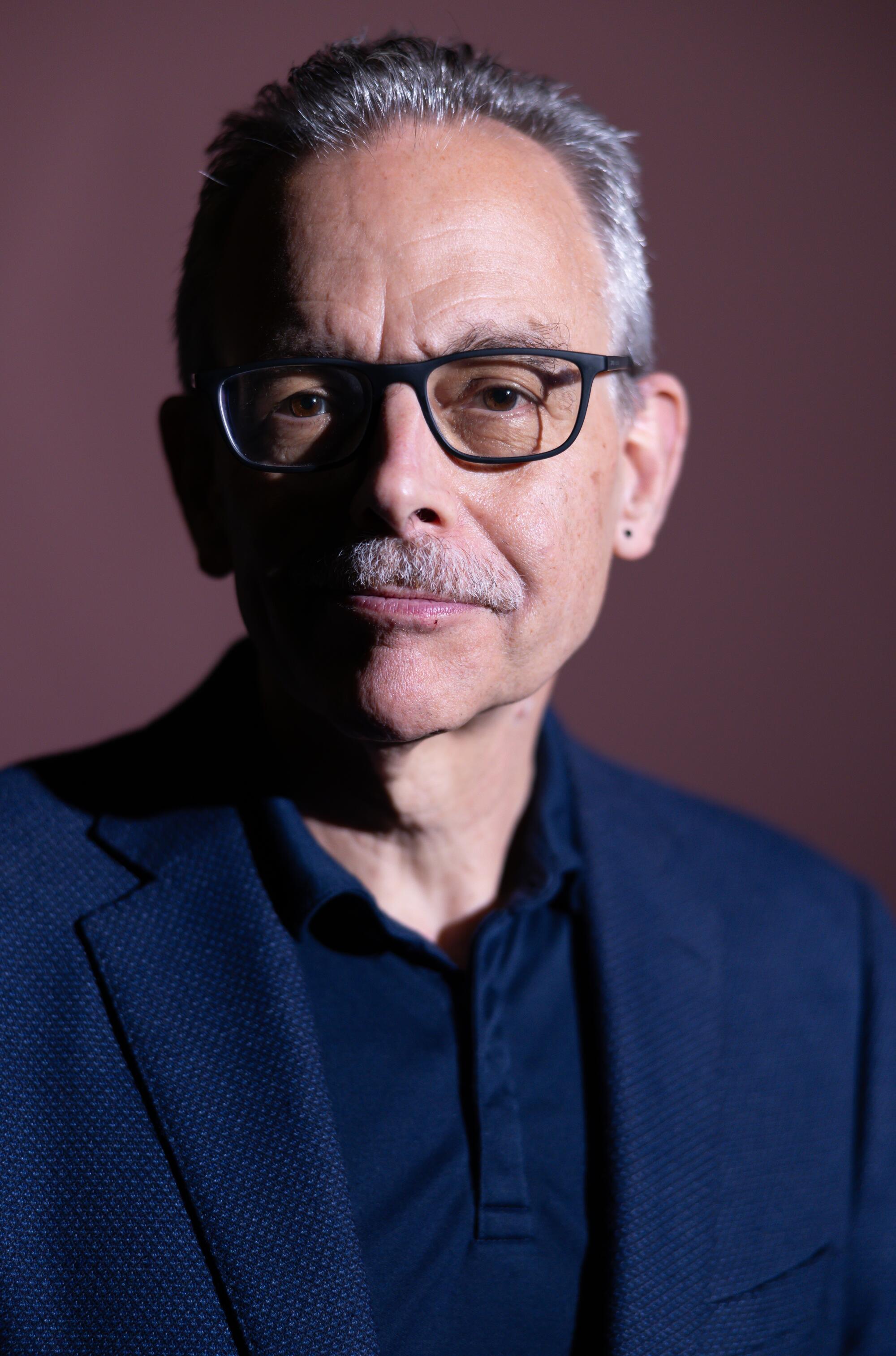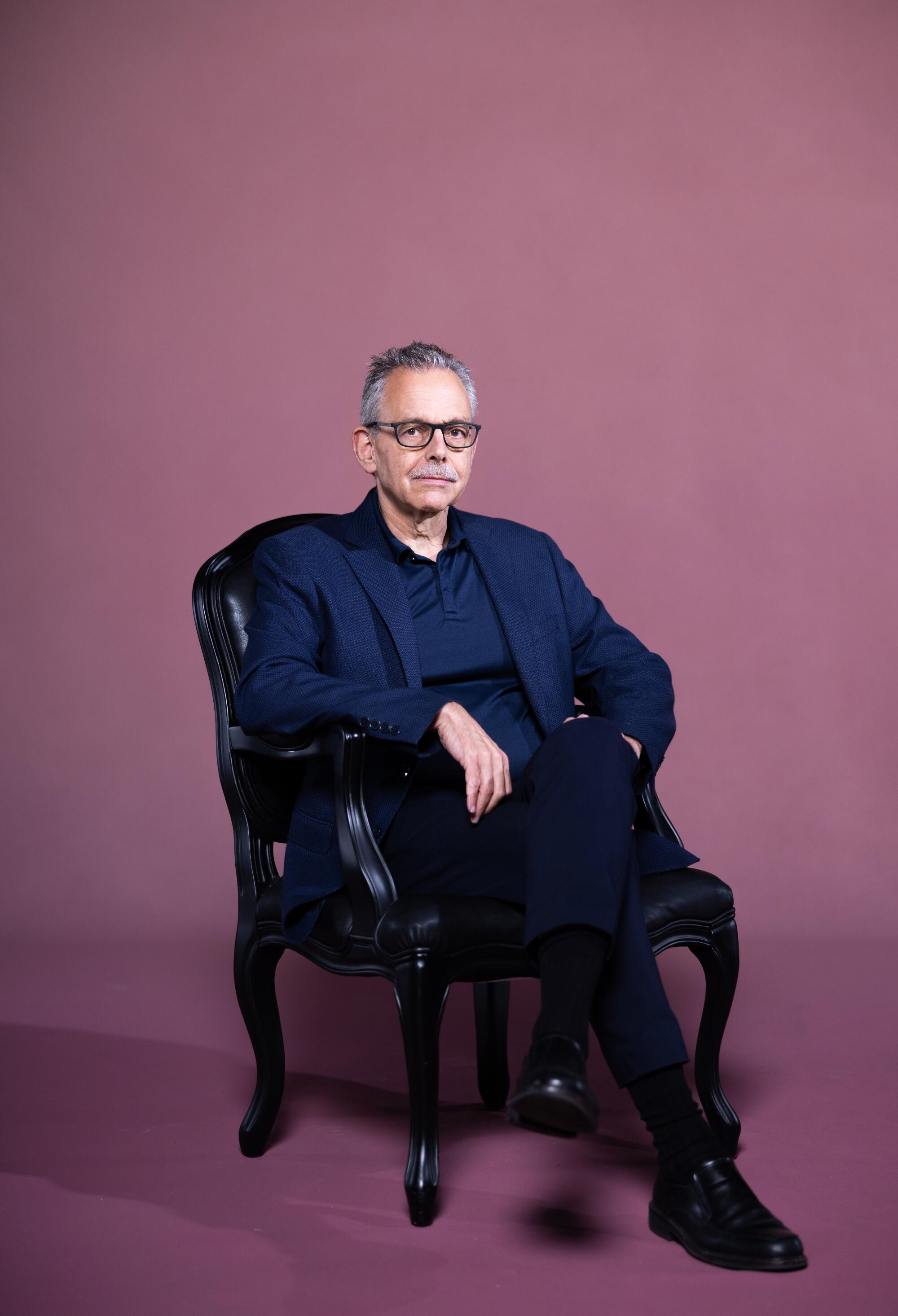
At 150 pages, Manuel Pastor’s resume is the length of a short story collection.
The director of USC’s Equity Research Institute isn’t engaging in academic preening, though. For more than three decades, he has practiced and pioneered a form of scholastic activism that brings the streets to the ivory tower, and vice versa. In articles, books, lectures and research projects, he has examined the flash points of life in L.A.: the 1992 riots, economic disinvestment, social stratification, municipal corruption, media apathy and more.
Discover the changemakers who are shaping every cultural corner of Los Angeles. L.A. Influential brings you the moguls, politicians, artists and others telling the story of a city constantly in flux.
His solution? Empower the affected through cross-cultural coalitions that involve everyone from students to City Hall. He has practiced what he preached by serving on advisory boards for nonprofits, community groups and, most recently, Karen Bass’ mayoral transition team.
“When people ask me why I love Los Angeles, I always answer it’s because it’s got the world’s biggest problems,” the 68-year-old said. “Everything that can go wrong goes wrong here.” But that has led to a “reinvention of social movements” that has allowed progressive dreams to become city policies in ways that would’ve been unthinkable when he started.
‘When people ask me why I love Los Angeles, I always answer it’s because it’s got the world’s biggest problems.’
— Manuel Pastor
Pastor grew up in La Puente, in a Cuban American family with a father who repaired industrial air conditioners and “had a sixth-grade education yet was the smartest guy I ever met — but he was never able to get ahead.” His father remains his intended audience, whether he’s talking to residents in blue-collar neighborhoods or to fellow professors.
“If I could move my dad, that would make a difference,” he said. “You wouldn’t cite an obscure reference from the Journal of Insignificant Results; you speak the popular language.”

The profe continues to juggle projects — one is an evaluation for L.A. County of the L.A. Justice Fund, a public-private partnership that provides legal representation for people facing deportation. He’s also thrilled that a new generation of students and professors is following in his path.
“Younger scholars are impatient and want their work lives to have meaning,” he said. “And that meaning is about impact on the world, and impact on the academy.”
“I don’t often quote hockey players,” Pastor concluded. “But Wayne Gretzky once said, ‘I skate toward where the puck is [going].’ The puck is headed to community-engaged scholarship. I’ve just happen to be doing it for a while.”


